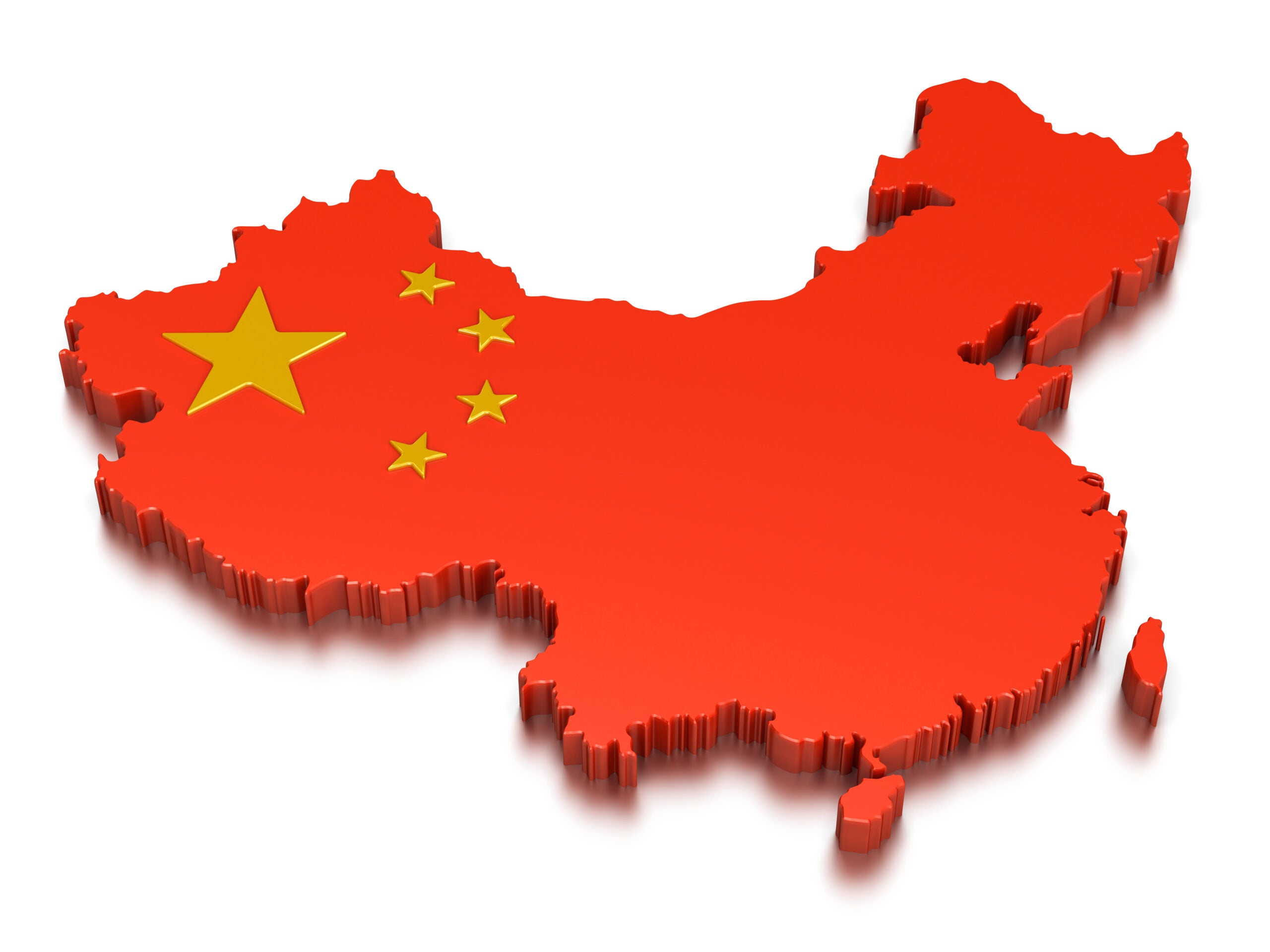In order to demonstrate compliance with the China Restriction of Hazardous Substances (RoHS) legislation, companies operating in or selling into China must complete the revised conformity assessment process by November 1, 2019.
The process only applies to electric and electronic products in 12 categories:
- Refrigerators.
- Air conditioners.
- Washing machines.
- Electric water heaters.
- Printers.
- Photocopiers.
- Fax machines.
- Televisions.
- Monitors.
- Microcomputers.
- Mobile communication devices.
- Telephones.
Products in these categories must abide by the substance restriction conditions or qualify for exemptions.
Conformity Assessment
The new China RoHS conformity assessment process was announced in May 2019, and will require that companies upload assessment information to an online platform. Companies can demonstrate compliance with the legislation in two ways: voluntary third-party certification, which includes testing, inspections and ongoing validation; and self-declaration.
Guidelines for the conformity assessment, known as GB/T 37876—2019, were published August 30 with the approval of the State Administration for Market Regulation (SAMR) and the Standardization Administration of China (SAC). They include instructions for self-declaration including:
- Preparing the documentation required for conformity assessment.
- Preparing a declaration of conformity for the use of hazardous substances.
- How to conduct conformity evaluations.
- How to maintain evaluation results.
Companies opting for the third-party certification process will have these steps conducted by approved certification bodies.
Protect market access to China and other regions with Assent. Learn more in our guide, The Assent Compliance Platform: Building Value Into your Supply Chain Data Management Program.
What Is China RoHS?
The Administrative Measure on the Control of Pollution Caused by Electronic Information Products (China RoHS) is designed to mitigate the harmful effects of hazardous substances in certain products being made or sold into China. The substances in scope are:
- Lead.
- Cadmium.
- Polybrominated Biphenyls.
- Mercury.
- Hexavalent Chromium.
- Polybrominated Diphenyl Ethers.
Much like the CE marking used in Europe, products in the 12 categories listed above will require an Environmentally Friendly Use Period (EFUP) logo and Green Product label to show compliance with the legislation.
How Assent Can Help
Assent Compliance, the global leader in supply chain data management, provides companies with an effective and efficient way to meet regulatory requirements. The Assent Compliance Platform leverages automation to collect parts data and declarations from suppliers and matches them against the declarable substance list associated with China RoHS. Learn more by contacting us today.







